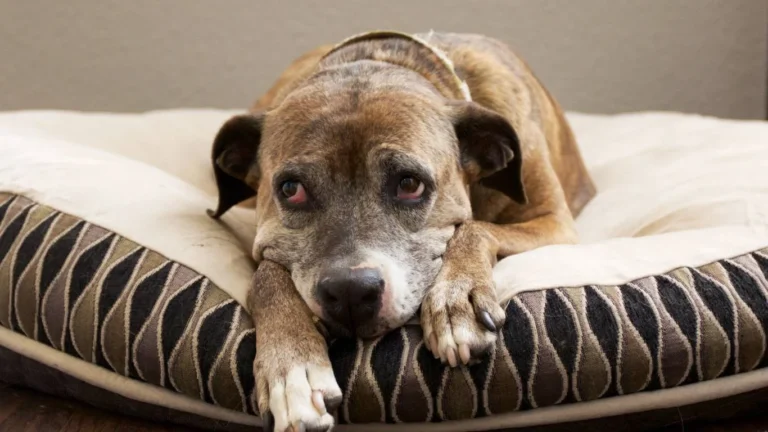How to Treat a Dog That Keeps Throwing Up Safely at Home
What is it?
When a dog throws up, it means they are bringing food or fluid back up from their stomach. It can be caused by many things, like eating too fast, eating something they shouldn’t, or even stress. Sometimes it’s no big deal. Other times, it’s a sign that something is wrong.
Is it normal for dogs to throw up?
It can be. Dogs sometimes throw up just once and then act totally fine. This might happen if they eat grass, gobble food too quickly, or get too excited. That kind of vomiting usually goes away fast and doesn’t need a vet visit.
But if your dog keeps throwing up—more than once in a day or for a few days in a row—it may be a sign of something more serious. That’s when it’s important to pay attention and possibly talk to your vet.
What causes repeated vomiting in dogs?
There are many possible reasons. Some are simple, and others are more serious:
- Eating spoiled food or garbage
- Switching to a new dog food too quickly
- Eating toys, socks, or other objects
- Motion sickness during car rides
- Infections or viruses
- Food allergies or sensitivities
- Health issues like kidney disease or pancreatitis
That’s why it helps to watch what your dog eats and note when the vomiting starts.
When should I call the vet?
If your dog throws up more than once in 24 hours, or keeps vomiting for more than a day, it’s time to call the vet. Also get help right away if you notice:
- Blood in the vomit
- Lethargy (they’re tired and not acting normal)
- Diarrhea with vomiting
- Not eating or drinking for over a day
- Signs of pain (whining, shaking, hiding)
It’s always better to ask your vet than to guess. They can check for problems that you can’t see at home.
How can I help my dog at home?
If your dog just threw up once and seems fine afterward, you can try these simple steps:
- Don’t feed them for 6–12 hours. Give their stomach a rest.
- Offer small sips of water or ice cubes to lick.
- After the rest period, offer bland food like plain boiled chicken and rice.
- Feed small amounts at first. Watch to see if they keep it down.
Keep them calm and comfortable. Avoid giving treats or table scraps until they are fully better.
Can I give my dog human medicine for vomiting?
No. Many human medications are unsafe for dogs and can make things worse. Always check with your vet before giving any medicine—even over-the-counter ones.
How do I clean up vomit safely?
Use gloves if you have them, and clean the area with paper towels first. Then use a pet-safe cleaner or a mix of water and white vinegar to disinfect. Make sure to rinse well and keep your dog away from any harsh cleaning products.
What if my dog keeps doing this?
Frequent vomiting isn’t normal. Even if your dog seems okay afterward, you should keep track of how often it happens. Write down:
- When they vomit
- What they ate that day
- What the vomit looked like (food, foam, yellow fluid, etc.)
This can help your vet figure out the cause faster.
Could it be something my dog ate?
Yes, that’s one of the most common reasons dogs throw up. Make sure your trash is sealed, and check your home for items they might chew or swallow. Some dogs love to eat socks, toys, or even rocks. These can block their stomach and need surgery to remove.
What can I feed a dog with a sensitive stomach?
Try feeding bland, easy-to-digest food like boiled chicken, plain white rice, or special vet-recommended dog food for sensitive stomachs. Feed smaller meals and avoid switching foods quickly. Always introduce new foods slowly over a few days.
Takeaways
It’s common for dogs to throw up now and then, especially if they eat something odd. But if it keeps happening, it might be a sign of a health issue. Give your dog time to rest, offer bland food, and call your vet if it doesn’t get better. Never give human medicine without checking first. And remember—you’re not alone. Many pet parents go through this, and with the right care, most dogs recover quickly.






